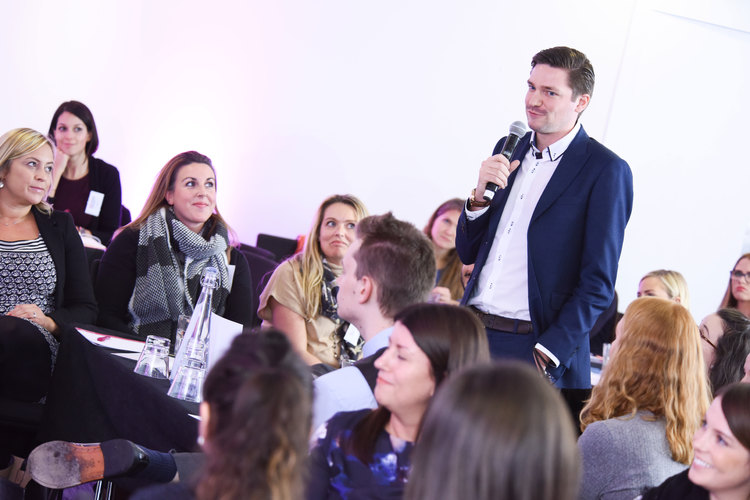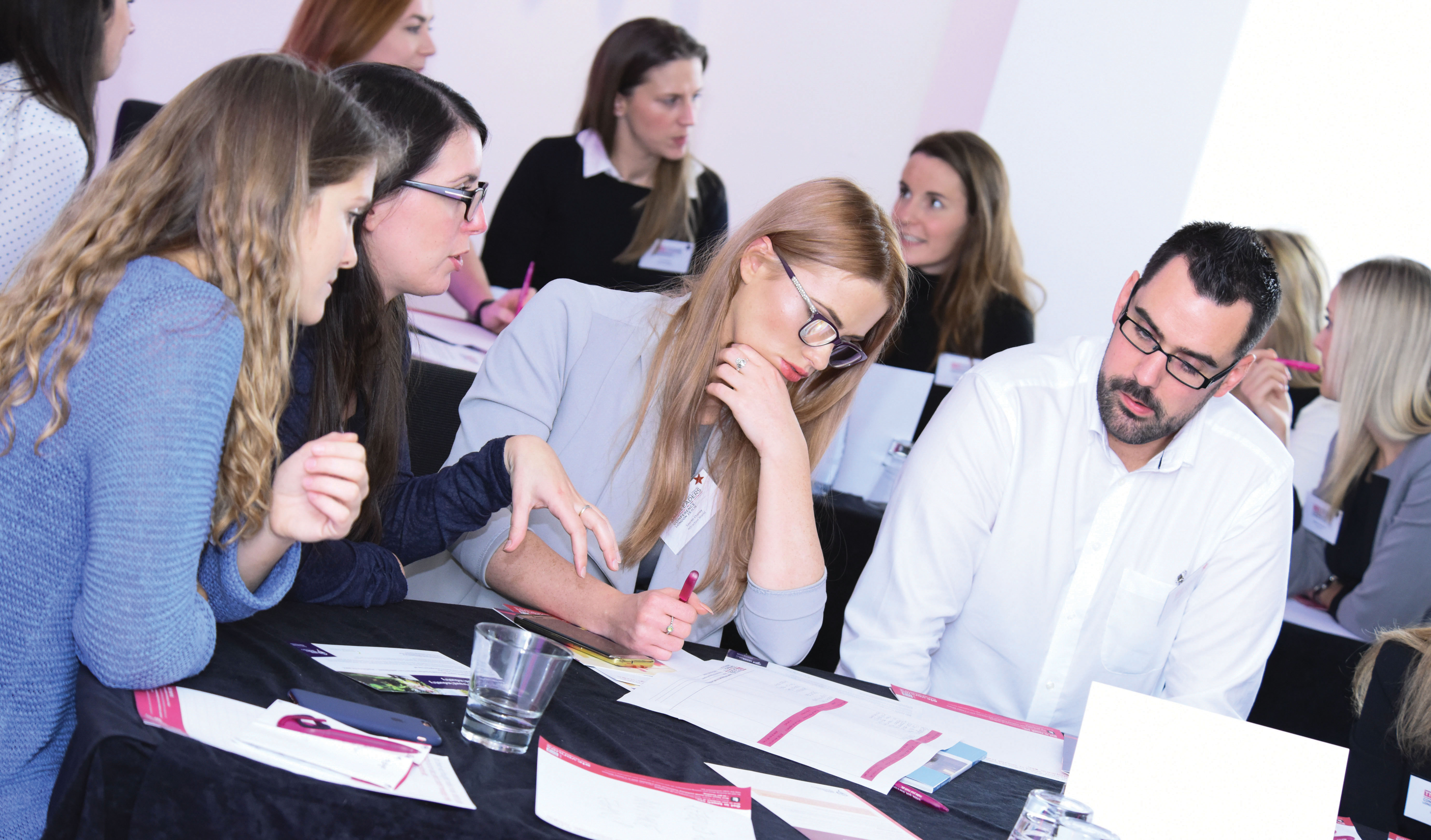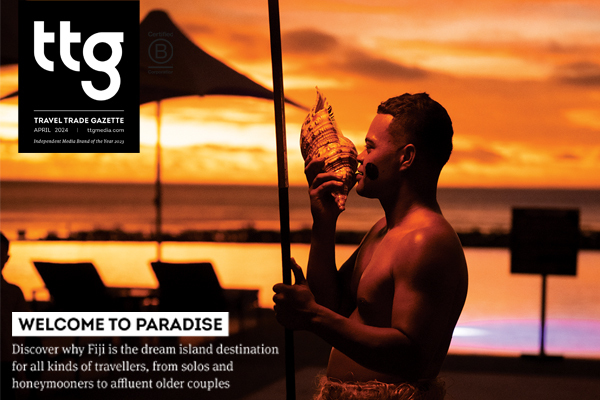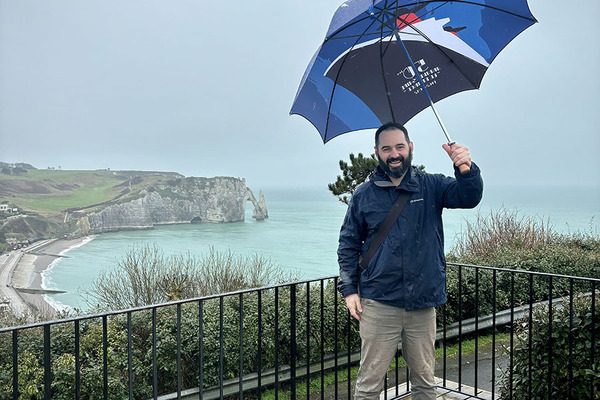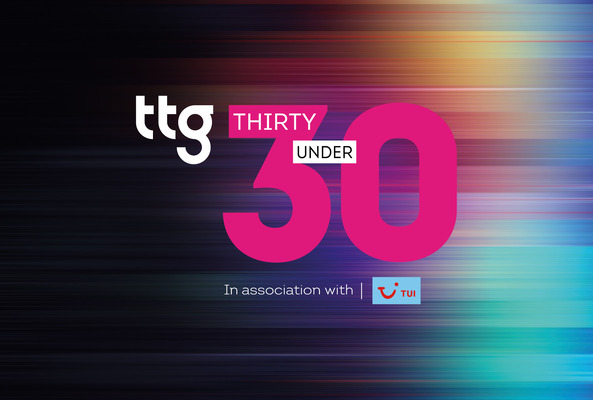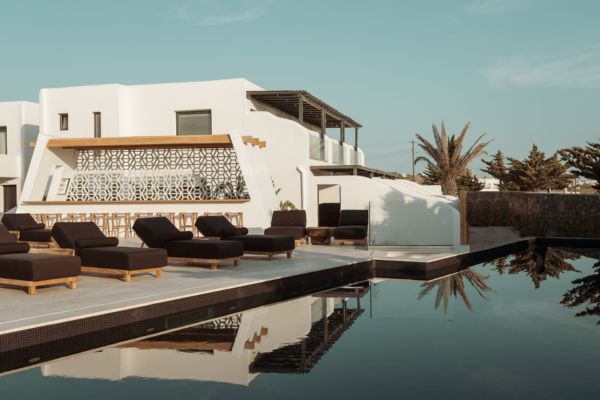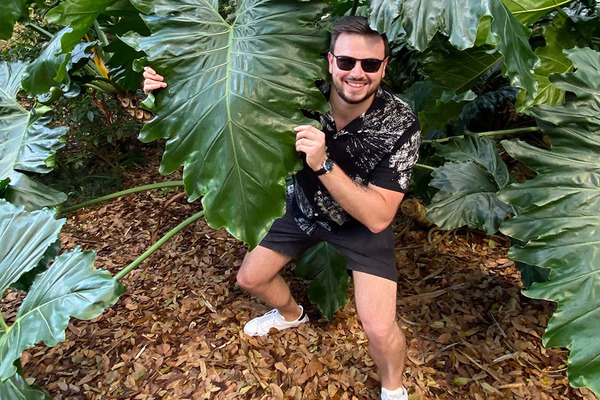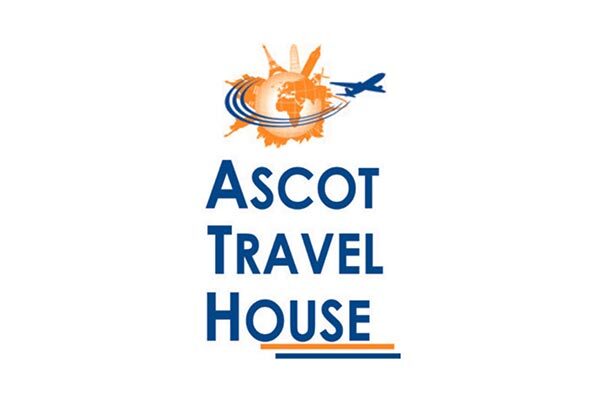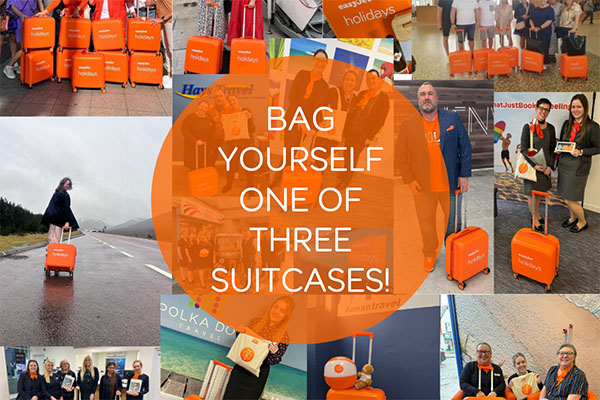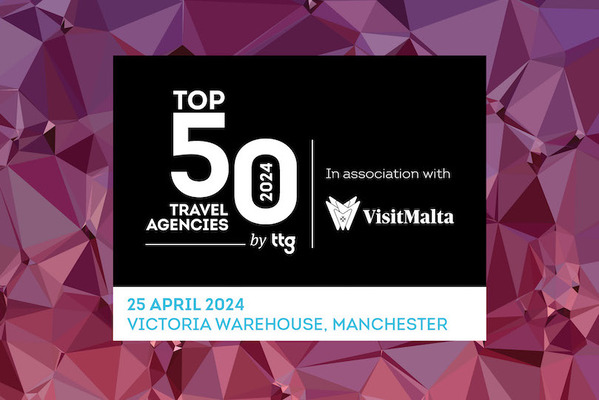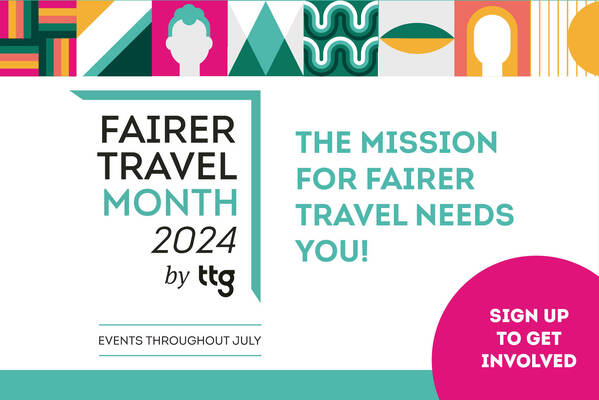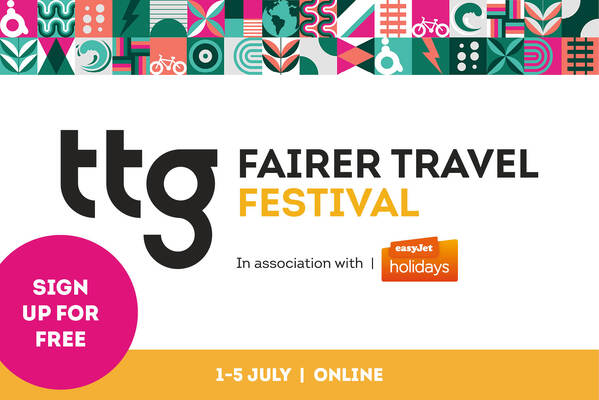Making good ideas happen in business
 Abra Dunsby
Abra DunsbyHow do you make a good business idea successful? Abra Dunsby discovers some answers at the Making Things Happen workshop held during TTG’s Tomorrow’s Travel Leaders Conference.
In business, having a great idea is just the first step. The challenge is putting the right strategy in place to deliver and implement the idea.
This was the concept behind the “Making Things Happen” workshop at TTG’s recent Tomorrow’s Travel Leaders Conference, focusing on how companies and entrepreneurs can turn good ideas into reality.
The session was chaired by TTG editor Pippa Jacks and welcomed Dermot Blastland, former UK managing director at Tui Travel; Gaby Marcon, director, Shine People & Places; and Steve King, chief executive, Black Swan.
Speaking from personal experience, the panel shared tips about how to take a good idea and bring it successfully to fruition, and warned of the pitfalls that can derail a good idea.
“Don’t kill an idea by over-interrogating it,” warned Blastland, now a non-executive director of Loveholidays and investor in several start-ups.
In terms of getting approval of an idea from above, he described a useful “BBC” test, standing for “bigger, better or cheaper”. Any ideas that save a company money, or make it better without costing any money, shouldn’t need approval, he suggested.
Blastland also pointed out that an idea doesn’t necessarily have to be original, and that some of the best ideas are taken from existing concepts but add extra value.
King, whose business Black Swan uses artificial intelligence to predict human behaviour, said ideas often involve taking a huge risk, especially financially. He suggested the key to success was timing, warning that if an idea was ahead of its time it can fail. Other businesses will then learn from any mistakes to create a better model.
Business coach and adviser Marcon said that “not owning an idea” and “lack of strong leadership” can stop it turning into a profitable venture. “Be clear about what you’re trying to achieve and determine whether there is a real necessity for it,” she urged.
Marcon also advised businesses and entrepreneurs to go over the figures carefully, as often they don’t add up, and to make sure there are enough resources, such as time, skills and money, to put the plan into practice.
Time to plan
After hearing tips from the experts, delegates put their newly acquired knowledge into practice in a group exercise. Each group was tasked with coming up with an idea relevant to a company they worked for, be it technology-focused, a product, or a distribution-related concept.
Each of the seven groups was given a planning tool that Marcon uses herself when helping businesses formulate strategies. She highlighted that there are many templates for business and strategy plans and also recommended the commonly used Business Model Canvas.
The groups, each represented by a colour, were given 30 minutes to come up with an idea and a plan, before presenting it to the panel for four minutes and being prepared to answer questions. Rewards were given, not necessarily for the quality of the idea, but for the strategy of implementation.
Silver team
The idea: A virtual reality app for agencies that displays local hotels and accommodation to help bring the holiday to life for customers. The group would take the idea to a developer to sell it to agencies, rolling it out across half of Flight Centre’s stores over the course of six months. It estimated needing £70,000 to produce the content. The group said it would only charge an agency when a booking came to fruition.
Red team
The idea: A technology and marketing tool for Thomas Cook that would allow the business to retarget customers who use their mobiles to look at the site, to encourage better conversion. The retargeting technology would allow clients to be automatically reconnected on their home desktops. The group would work with a retargeting specialist to create the technology, which would most likely use Facebook to retarget individuals since most users never log out.
Pink team
The idea: A travel community app for tour operators, allowing people to communicate before embarking on a group tour. The group would sell the app to operators, who could white-label it. The app would group people together by interest rather than tour operator, and would make money by issuing licensing fees to tour operators, and by using the app to upsell tours. Development of the app would need to be outsourced.
Green team
The idea: A holiday and volunteering package with options to either learn or teach in developing destinations. The company would start up in Africa with five projects and would look at tourist boards, SMEs and the government to ask for funding. The plan would be to create bespoke volunteering projects at low cost to make them more widely available to clients.
Blue team
The idea: Tinder for Travel. Clients would swipe left or right using the app to choose destinations they like to build a picture of what they want. The group would create a tour operator behind the scenes to answer users’ needs. In year one, costs would involve using developers to build the app and market it, with an aim for 20,000 downloads. By year three they would be taking bookings, with a sales target of £2 million.
Gold team
The idea: A new product and service for Virgin Holidays that would become a one-stop shop for those with disabilities, with the mantra of opening up the world to everyone. The aim would be to become a trusted brand for disabled travel. The group would work with existing hotels to help redesign rooms for accessible use, employing disabled people to sell and service it in-destination. They would also provide insurance and transfers.
Turquoise team
The idea: A new programme of retreat holidays for the existing travel company Party Hard Travel. The concept is that after partying hard, clients will opt for a wellness-focused holiday offering yoga and relaxation in order to recover. To promote it, the company would send celebrities from Towie and Made In Chelsea on holiday, and it would partner with operators in-destination to create tailor-made packages. The group anticipated spending £10,000 on market research and investing in the brand and website.

